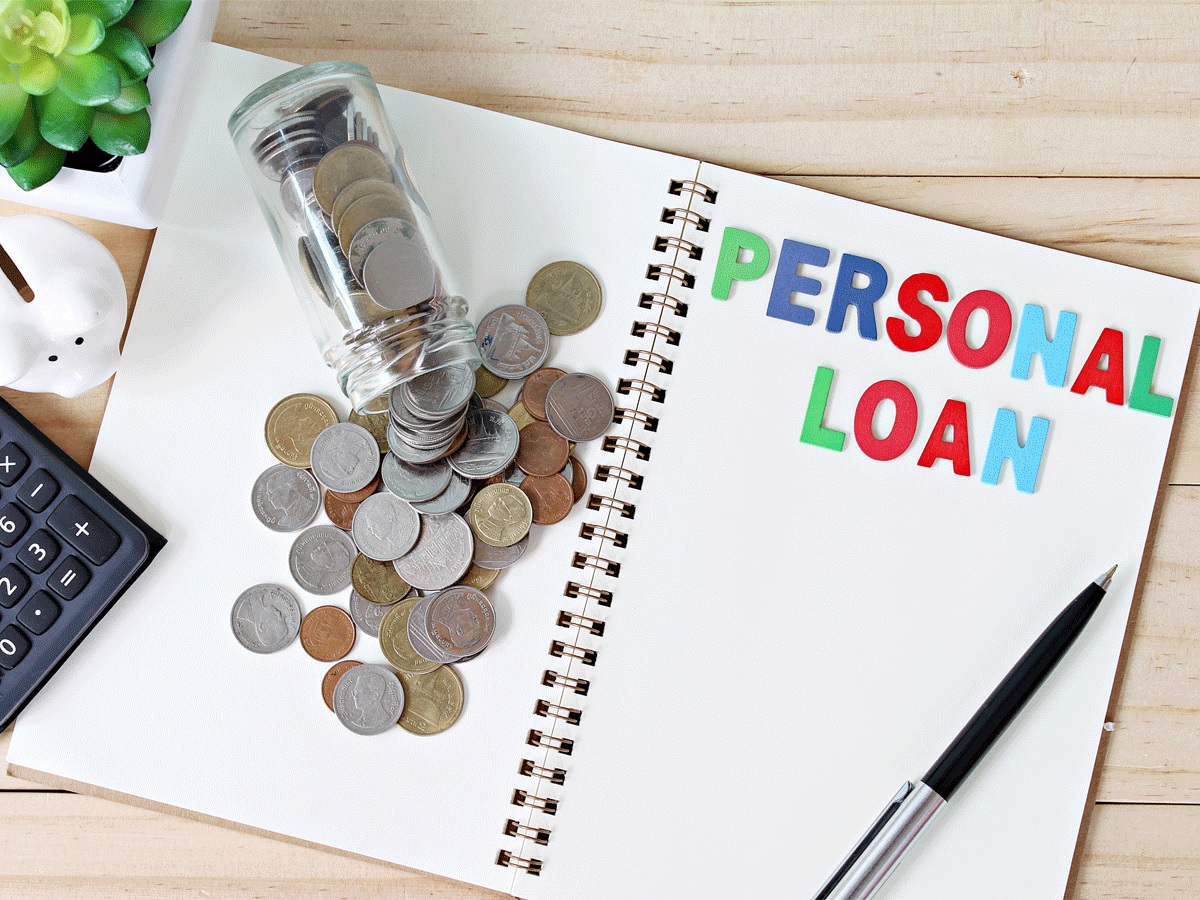Factors that are increasing your personal loan interest rate


Personal loans are one of the most preferred options among borrowers when it comes to arranging funds for their financial needs. Financial institutions offering personal loans do not place any restrictions on the end usage of the loan amount. Also, personal loan borrowers do not need to pledge any kind of collateral to lenders as security. So, getting a loan becomes quite a simple process given the flexibility and the minimal documentation requirements.
However, before applying for a personal loan, applicants should always focus on the personal loan interest rate that the lender is offering. This is because the interest rate has a significant impact on the overall cost of the loan, which is why it is essential to make sure that this rate is affordable. Some borrowers get stuck with high personal loan interest rates, and a lot of times this is because they are unaware of the factors that are increasing their personal loan interest rate.
To avoid being stuck with unfavourable loan terms, go through the following factors that are responsible for increasing your personal loan interest rate:
- Bad credit score
No matter what type of loan the applicant is looking to get, a lender will always check their credit score. This is to get an understanding of the applicant’s credit behaviour. If the applicant has a bad credit score, this increases the financial institution’s risk of giving the loan. This can either result in the applicant getting rejected for the loan or being stuck with a high personal loan rate.
- Low monthly income
Lenders also consider an applicant’s monthly income while evaluating their loan application. An applicant with a high monthly income is more likely to easily repay the loan without any delays as compared to an applicant with a low monthly income. For the latter, lenders are likely to charge a higher personal loan interest rate. Also, most lenders have a minimum income requirement as part of their personal loan eligibility criteria.
- High debt-to-income ratio
Having a high monthly income would not amount to much if most of that income is already being spent on clearing existing debt. This would make it difficult for the applicant to accommodate another loan, thus increasing the lender’s risk. In such cases, lenders are likely to charge the applicant a high interest rate or reject their loan application, which is why it is important to maintain a low debt-to-income ratio while applying for a personal loan.
- Job instability
When an applicant is frequently shifting jobs, lenders consider this to be an indication of job instability, which can affect the interest rate being offered to the applicant. Ideally, it is better to have a stable employment tenure with a well-known organisation to lower the lender’s risk, which can in turn result in favourable loan terms.
So, make sure to keep these factors in mind if you are looking to apply for personal loan as they can help in getting affordable personal loan interest rates. To assess how much the overall loan will cost you and whether the interest rate charged is high, you can make use of an online personal loan EMI calculator. This calculator uses details like the loan amount you want to apply for, the estimated interest rate, and the loan tenure and calculates the Equated Monthly Instalment (EMI) amount.





